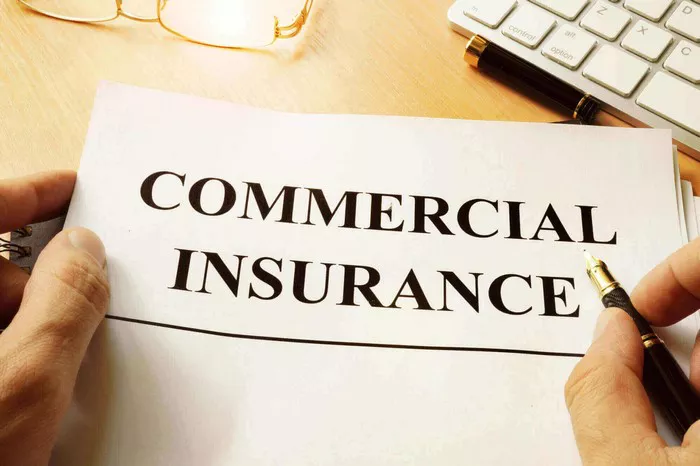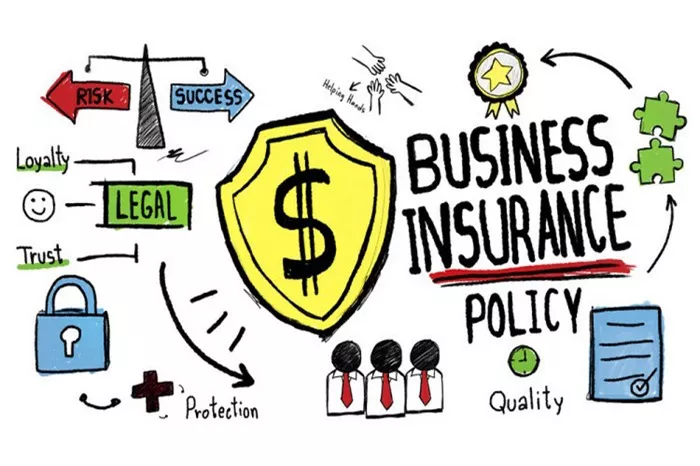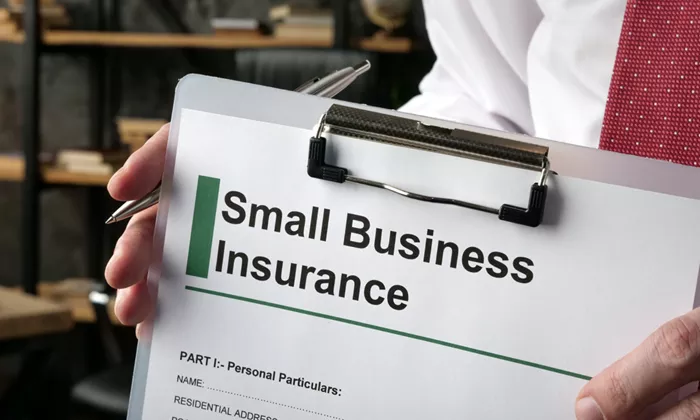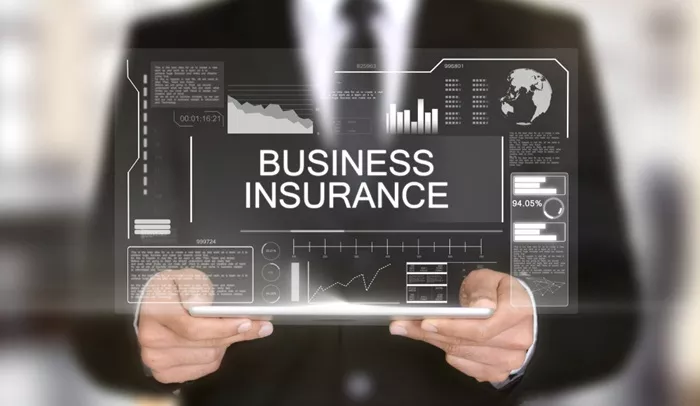Employers liability insurance is one of the most important types of coverage for any business that employs workers. It is designed to protect businesses from the financial consequences of employee injuries or illnesses that occur while on the job. As a business owner, understanding why this insurance is necessary and how it works is crucial for ensuring the long-term success and stability of your company. In this article, we will explore why employers liability insurance is essential, what it covers, and how it can help you manage risks in the workplace.
Introduction to Employers Liability Insurance
As a business owner, your primary goal is to keep your employees safe while they work. However, accidents happen, and employees can sometimes suffer injuries or illnesses as a result of their work environment or the tasks they are asked to perform. When such incidents occur, your business may be held financially responsible for the resulting medical costs, lost wages, and even legal fees.
Employers liability insurance offers a safety net for businesses by covering the financial burden that comes with employee injuries or illnesses. While workers’ compensation insurance is often required to cover medical expenses and lost wages, employers liability insurance extends coverage beyond this, protecting the business against lawsuits and legal claims that may arise from such incidents.
What Does Employers Liability Insurance Cover?
Employers liability insurance provides protection for a range of scenarios related to employee injuries and illnesses that happen in the workplace. It is important to note that employers liability insurance is typically purchased alongside workers’ compensation insurance, which covers medical expenses and lost wages for injured employees. Here’s a breakdown of what employers liability insurance covers:
1. Legal Costs and Fees
If an employee is injured or becomes ill due to their work, they may decide to file a lawsuit against your business, even if you have workers’ compensation insurance in place. Employers liability insurance helps cover the legal costs involved in defending your business against these claims, including attorney fees, court costs, and settlement fees.
For example, if an employee believes that their injury was caused by negligence on your part or a failure to provide a safe working environment, they may sue for compensation. Employers liability insurance will cover the cost of defending your business in court, as well as any potential settlements or judgments.
2. Compensation for Employee Injury Claims
In cases where an employee sues for damages beyond what workers’ compensation covers, employers liability insurance can provide the necessary funds. For instance, workers’ compensation typically covers medical bills and a portion of lost wages, but it may not cover all the damages an injured employee is entitled to receive.
If an employee suffers a severe injury that leads to long-term disability, they might seek additional compensation for pain and suffering, emotional distress, or other damages. Employers liability insurance can help cover these expenses and prevent your business from shouldering the financial burden.
3. Workplace Illness Claims
Employers liability insurance also covers claims made by employees who develop an illness as a result of their work environment. Some industries, such as construction, manufacturing, and healthcare, have higher risks of employees being exposed to harmful substances, chemicals, or infectious diseases that can lead to long-term health problems.
For example, if an employee develops a respiratory illness due to exposure to hazardous chemicals in the workplace, they may file a claim against your business for compensation. Employers liability insurance can help cover the costs associated with such claims, including legal fees, medical expenses, and any damages awarded by the court.
4. Employee Claims of Discrimination or Harassment
While employers liability insurance typically covers injury and illness-related claims, it can also extend to certain employment-related claims such as discrimination or harassment. In some cases, an employee may file a lawsuit alleging workplace discrimination, sexual harassment, or other wrongful employment practices.
Employers liability insurance may help cover legal expenses related to these types of claims, although it is important to note that not all policies cover employment practices liability (EPL). Some businesses may need to purchase additional coverage, known as employment practices liability insurance (EPLI), to protect against allegations of wrongful termination, discrimination, harassment, or other employment-related issues.
Why Is Employers Liability Insurance Important?
Employers liability insurance is essential for several reasons. Let’s take a closer look at why this type of coverage is so important for businesses of all sizes.
1. It Protects Your Business from Legal and Financial Consequences
One of the main reasons to invest in employers liability insurance is to protect your business from the potentially devastating legal and financial consequences of employee injuries or illnesses. Without this insurance, your business could face expensive lawsuits, legal fees, and settlements that could jeopardize your financial stability.
Even if you have workers’ compensation insurance, an injured employee may still choose to sue your business for additional damages. In such cases, employers liability insurance can provide the coverage you need to defend yourself in court and handle the financial fallout from the lawsuit.
2. It Fulfills Legal and Regulatory Requirements
In many jurisdictions, businesses are required by law to have workers’ compensation insurance to cover medical expenses and lost wages for employees who are injured on the job. However, employers liability insurance is also often a legal requirement or strongly recommended to provide additional protection. Failure to carry this insurance can result in penalties, fines, or legal complications for your business.
Employers liability insurance helps ensure that you comply with workplace safety regulations and provides the extra protection that may be required by law. Even if it is not legally required in your area, it is still a prudent step to take to protect your business and your employees.
3. It Helps Foster a Positive Work Environment
Having employers liability insurance in place shows your employees that you take their well-being seriously and are prepared to support them in the event of an accident or illness. This can help build trust and loyalty among your workforce, as they will feel more secure knowing that they have financial protection if something goes wrong.
Additionally, offering this coverage can help attract top talent to your business, as potential employees will be more likely to choose a company that prioritizes their safety and provides strong benefits.
4. It Helps You Manage Risks Effectively
Businesses face a wide range of risks, especially when it comes to the health and safety of employees. By investing in employers liability insurance, you can better manage these risks and ensure that your business is prepared for unexpected situations. Accidents and injuries can happen in any workplace, and the right insurance can help minimize the impact of these incidents on your business’s bottom line.
Employers liability insurance provides peace of mind that your business will be protected in the event of a workplace injury or illness. This allows you to focus on running your business without constantly worrying about the potential financial consequences of an employee injury or lawsuit.
5. It Protects Your Reputation
A lawsuit from an injured employee can damage your business’s reputation, especially if the case is high-profile or involves severe injuries. Employers liability insurance helps protect your business’s reputation by covering the legal expenses and providing the resources to defend against any claims. Even if the claim is ultimately dismissed, the public perception of your business can be negatively impacted.
Having insurance in place demonstrates that you are a responsible employer who takes care of its employees and is prepared to handle any legal issues that arise. This can help maintain the trust of your customers, partners, and other stakeholders.
What Are the Risks of Not Having Employers Liability Insurance?
If you choose not to purchase employers liability insurance or fail to maintain adequate coverage, you risk exposing your business to several dangers:
Financial liabilities: Without this insurance, your business will be responsible for covering the full cost of legal fees, settlements, and damages associated with employee injury claims.
Reputation damage: Legal battles and workplace incidents can harm your business’s reputation, leading to a loss of customers, partners, and employees.
Legal penalties: In some jurisdictions, not having the required insurance can result in fines, penalties, and potential legal action against your business.
Increased stress and uncertainty: Operating without employers liability insurance can create unnecessary stress and uncertainty, as you may not be fully prepared to handle an unexpected workplace incident.
Conclusion
Employers liability insurance is an essential coverage that helps protect your business from the financial consequences of employee injuries, illnesses, and legal claims. It covers legal costs, compensation for damages, and helps ensure that your business is compliant with legal requirements. Without it, your business could face significant financial risk, reputational damage, and legal penalties.
By investing in employers liability insurance, you demonstrate your commitment to the well-being of your employees and the long-term success of your business. It is an important part of any risk management strategy and can provide invaluable peace of mind. Whether you’re running a small startup or managing a large corporation, this type of insurance is a vital safeguard for your business’s future.
Related topic:
Is Professional Liability Insurance The Same As Malpractice Insurance
Is Professional Liability Insurance The Same As Errors And Omissions
Do I Need Workers Compensation Insurance For Independent Contractors













